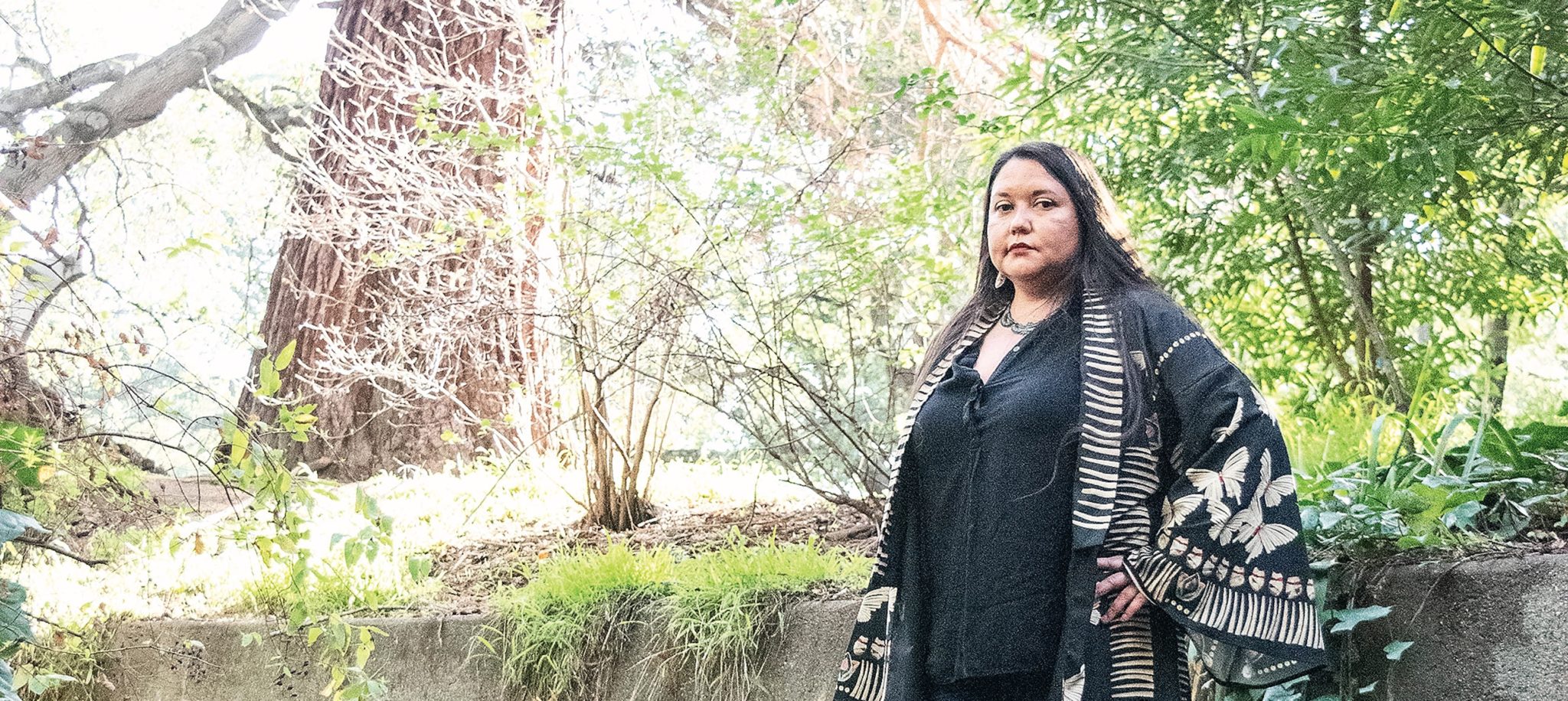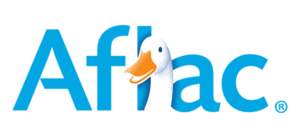Last February, I was grateful to be present when a beautiful, sacred basket was finally returned to the people of the Rincon Band of Luiseño Indians. The basket had been, for many years, held by the Hearst Museum, one item among thousands that await repatriation to their rightful owners. It was a deeply moving occasion, another step toward building better relationships between our university and Native American tribes. Yet, we still have much work to do to repair the damage done, and to facilitate the sort of reconciliation that is incumbent upon Berkeley as an institution built by the people, for all the people.
To begin with, our university sits on, and benefits from the use of, ancestral lands that the Ohlone people rightly regarded as their own for thousands of years. An indisputable fact that for too long was ignored and disregarded. Now, consistent with our values of community and inclusion, we are acknowledging and making visible the university’s relationship to Native peoples, and their lands, in the present and the past.
A great barrier to reconciliation and repair has been Berkeley’s history of collecting and holding Native American ancestral remains and cultural property for the purposes of teaching and research. We did this without consent and without regard to the tribal beliefs, needs, and knowledge of Native American peoples. To this day, the Hearst Museum still holds approximately 9,500 ancestors and 123,000 associated cultural belongings, the majority of which were taken from tribes in the Bay Area.
Federal legislation—the Native American Graves Protection and Repatriation Act, or NAGPRA, passed in 1990—requires the return of ancestors and sacred objects to federally recognized tribes. Repatriation at Berkeley has moved far too slowly; furthermore, the campus has limited its returns of ancestors and sacred objects to federally recognized tribes, excluding many Bay Area and California tribes not so recognized, a situation remedied by the passage of state legislation extending NAGPRA’s protections to them.
A 2017 Tribal Forum held on campus proved to be an important watershed moment and an opportunity to begin the process of repair and reconciliation. We received recommendations that led us to reconstitute the committee overseeing repatriation, with more than half of its membership now drawn from the campus Native American community. We created new collaborative working groups to improve campus relations with Native American tribes. And we have established a Chancellor’s Native American Advisory Committee to support and guide our efforts to facilitate understanding of Native issues and to improve the campus experience for Native people.
Now, with new perspectives, policies, and practices in place, we are expanding and improving tribal consultation, prioritizing and elevating tribal knowledge, and accelerating and easing the return of ancestors and belongings.
In the wake of that forum, we also came to understand the extent to which Native American communities felt that having a campus building named for anthropologist Alfred Kroeber was a damaging affront. Kroeber was the nation’s preeminent anthropologist in the early 20th century. While his work supported the preservation of Native American languages, histories, and cultural practices, he also accepted many Native American remains and artifacts into the Hearst’s collections. Furthermore, Kroeber’s pronouncement that the Ohlone people were culturally extinct may have contributed to the federal government’s decision to strip them of recognition, land, and influence.
In early 2021, we unnamed Kroeber Hall, in the wake of Governor Gavin Newsom’s apology for “a century of depredations and prejudicial policies against California Native Americans, acknowledging our obligation to make amends for our own history in this regard.” At the same time, we should not erase Kroeber’s contributions; we will therefore also create a permanent display to acknowledge and contextualize his accomplishments.
In other areas, we have committed to hiring new faculty members in Native American Studies and allied disciplines. Collaborative projects are already underway to study Native American language, environmental practices, anthropology, law, etc. We have also launched a Native Community Center, a space for Native and Indigenous people to feel welcome. For its part, the Office of Undergraduate Admissions has hired a Native American Outreach Coordinator, to develop and lead new strategies to recruit Native students.
A movement is underway to engage Indigenous peoples in the restoration of justice and expansion of our common knowledge. As a public institution dedicated to equity and advancing the greater good, our university has an opportunity to play a leading role in providing the repair and reconciliation necessitated by our own actions and failures, and those of our society as a whole. It is an opportunity that shall not be squandered.



















